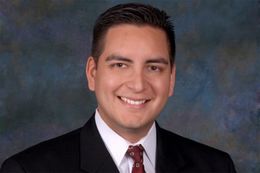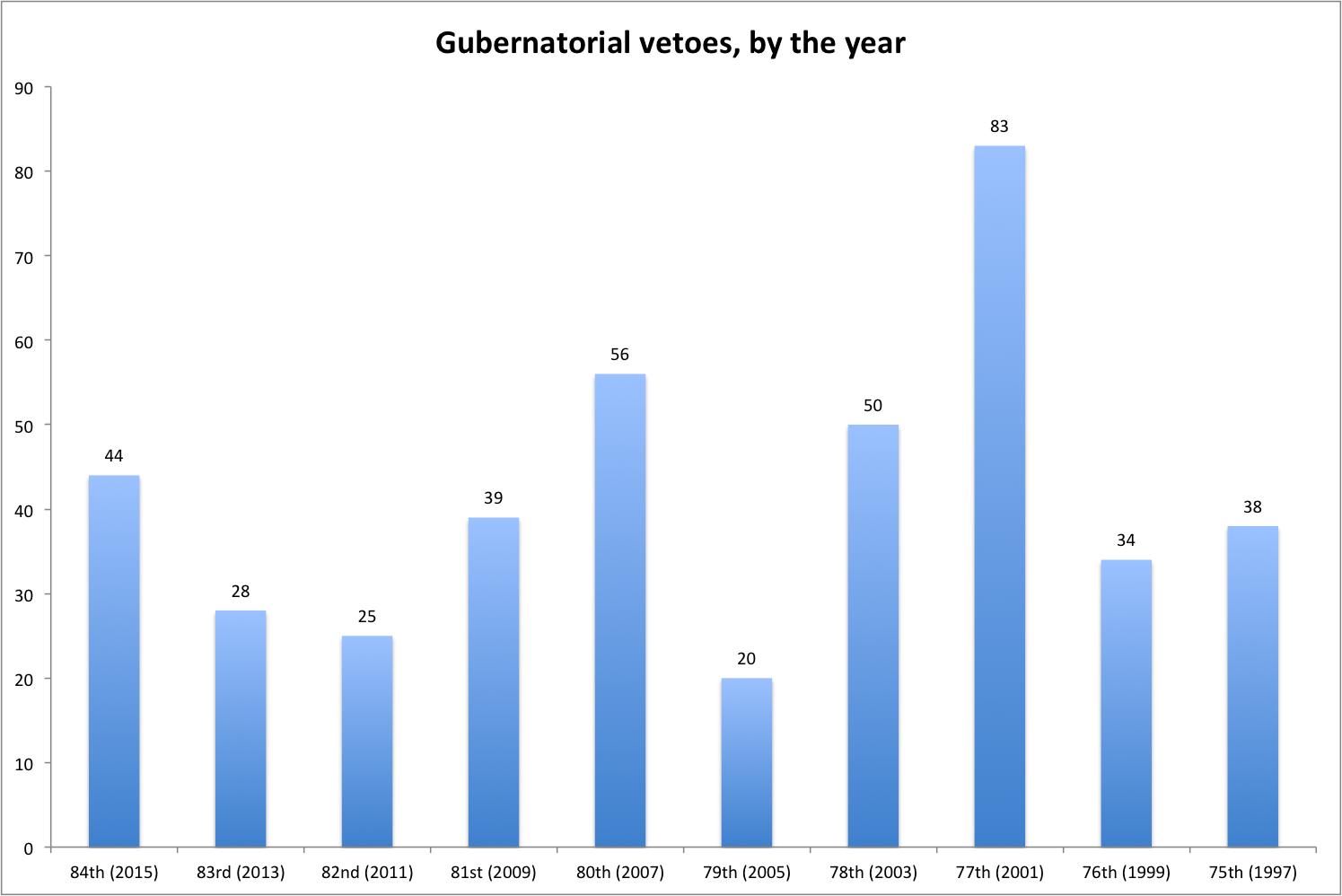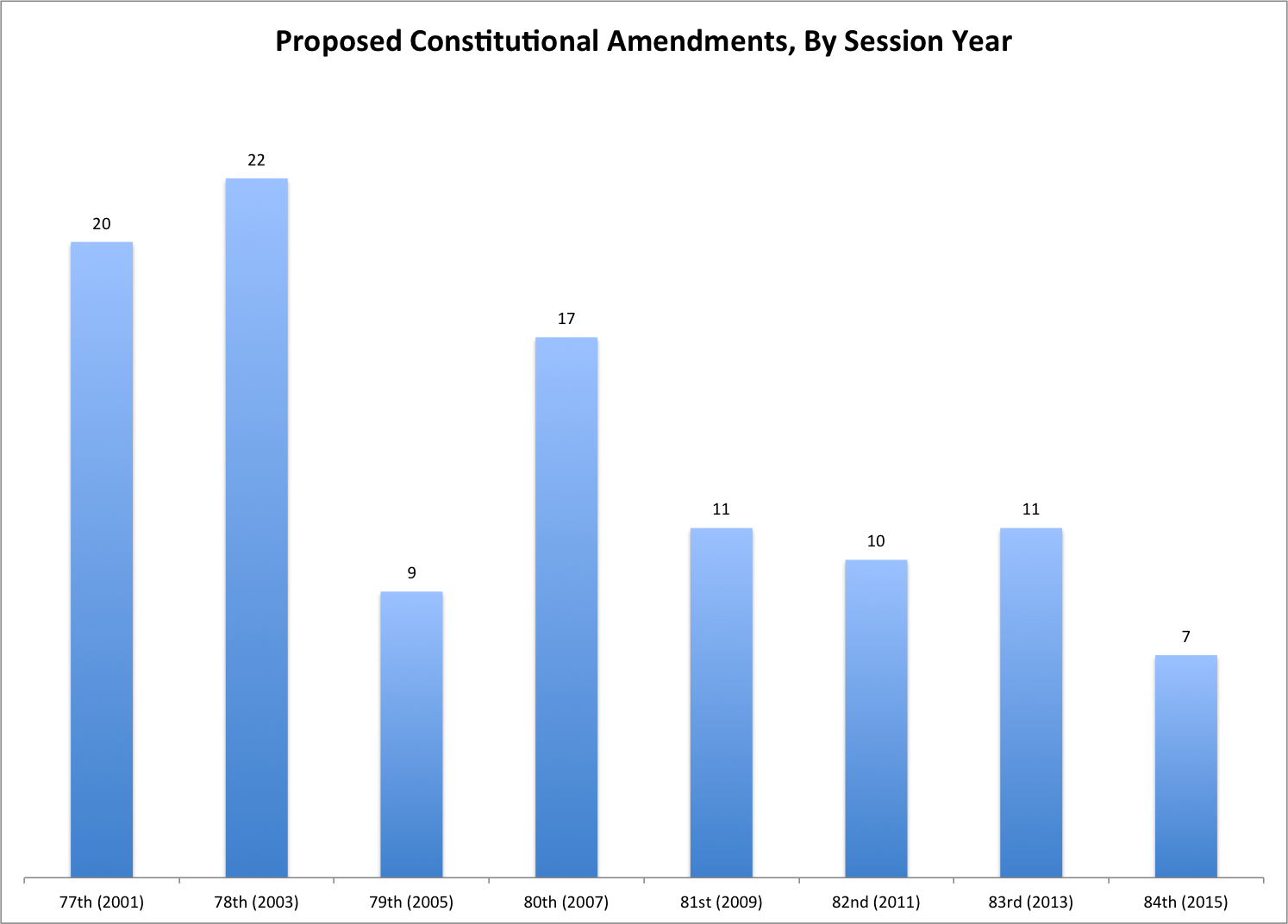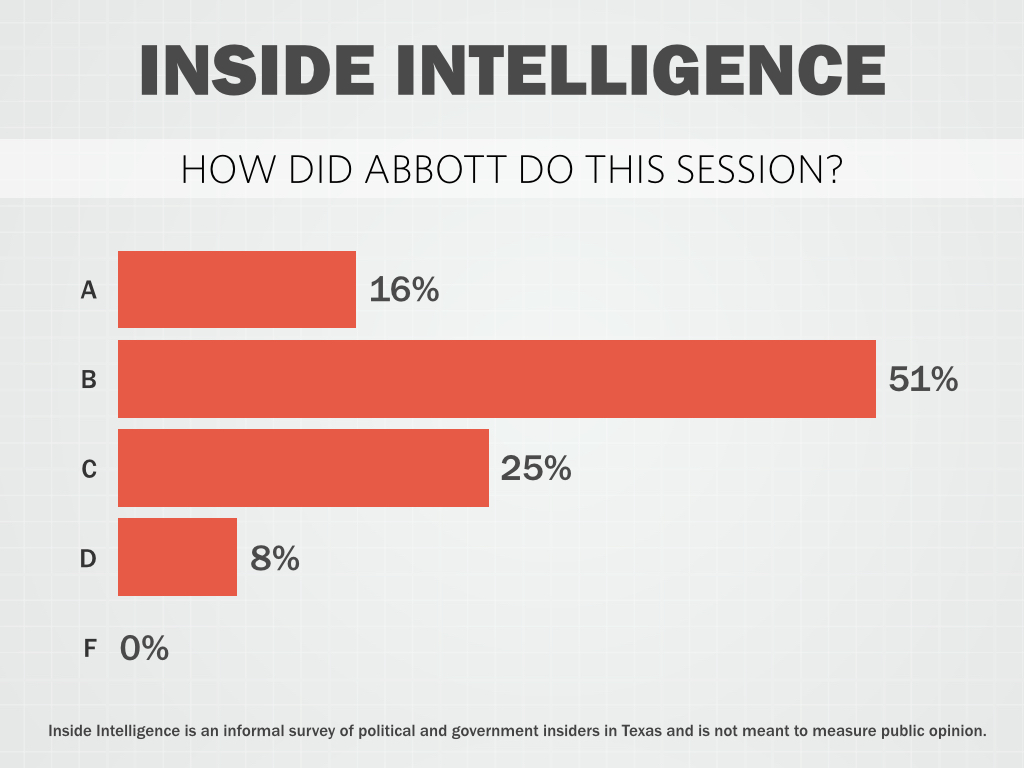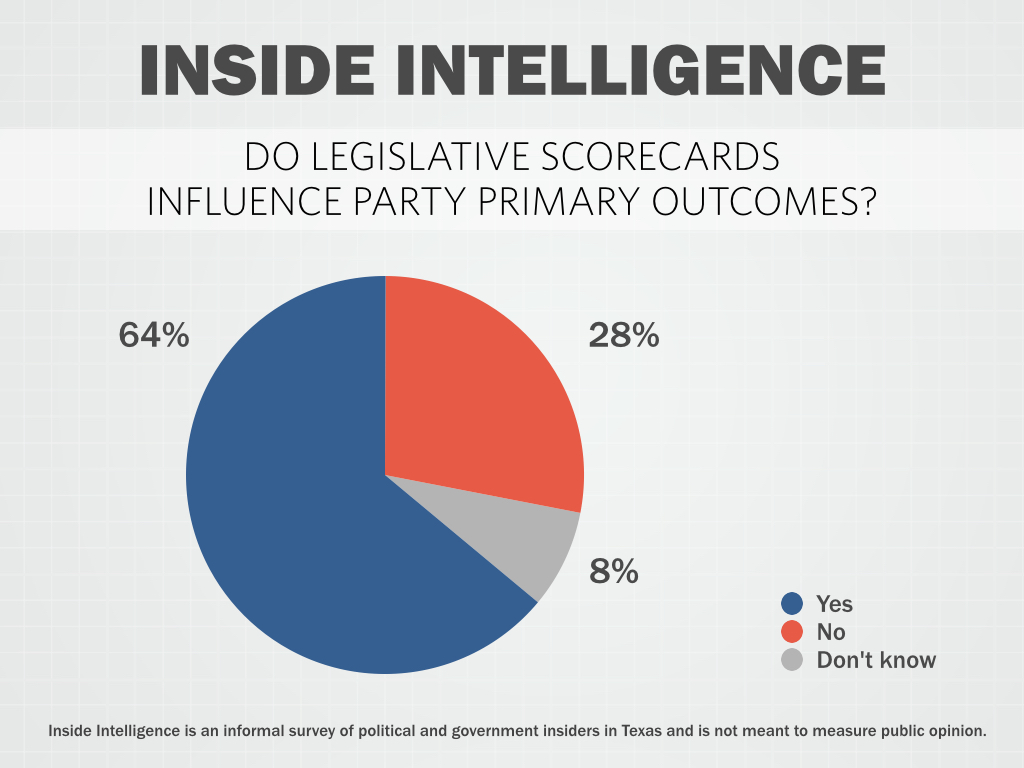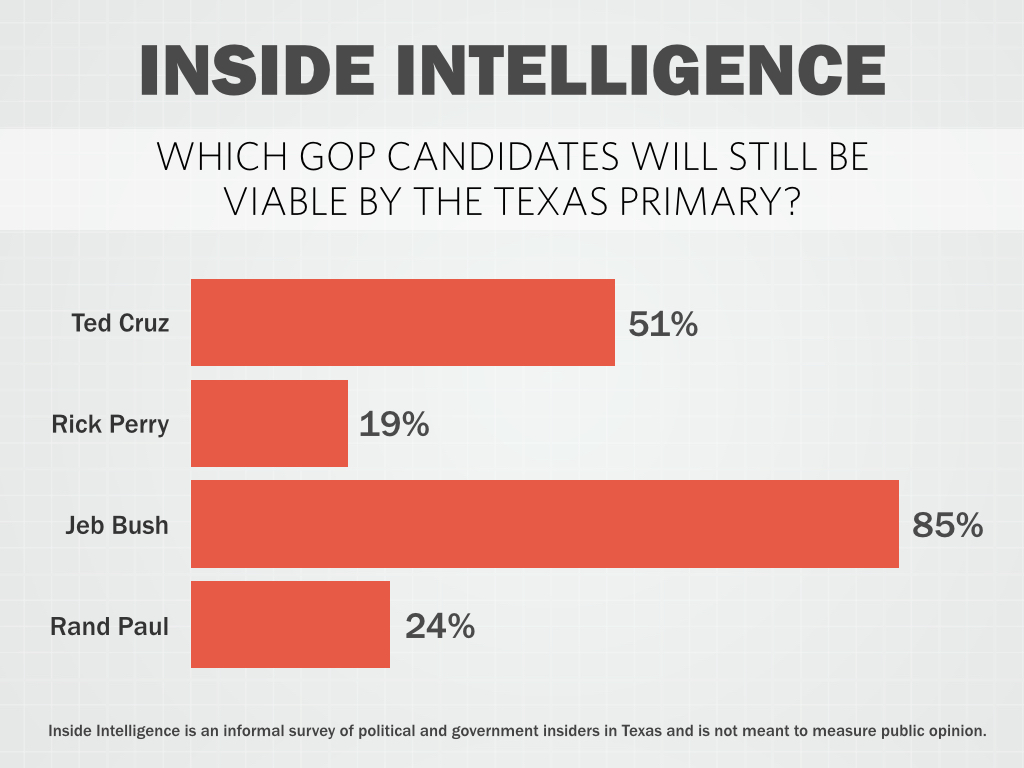
It may be a bit unusual for some to hear the words “exciting” and “archives” in the same thought, but that’s exactly what Texas’ archivists are saying these days.
“It’s a very exciting time for the agency,” said Jelain Chubb, the Texas state archivist.
That’s because the Texas State Library and Archives Commission is launching a new project — thanks to new funds from the state budget — that will hold archivable digital files from state government, which the public will eventually be able to search.
In the coming years, those emails, reports, databases, spreadsheets, Word documents, images and videos won’t be sitting in individual state agencies, waiting for public record requests. Instead, the Texas Digital Archive will be the central place for all the digital files that state archivists deem of permanent, historical value. And once all those files are collected and categorized, they’ll be searchable to the public.
“We’ve been struggling and requesting resources to do this for a very long time, well over a decade,” Chubb said. “We’re very, very pleased that the Legislature is finally giving us the resources that we’ve been asking for — and we’re very excited to do a good job with it.”
Those resources come in the way of about $700,000 in funds in the next biennium championed by state Rep. Sylvester Turner, D-Houston, which will fund three positions devoted to the project and pay for storage costs. That, along with $6 million for the existing TexShare and TexQuest information programs and other funding increases, represents a 31 percent boost in state funds to TSLAC.
Texas archivists currently hold millions of paper files and only digitize those of particular interest to the public. This project won’t scan and digitize all of those papers, which would take a significant amount of additional work and resources. Rather, the digital archive will consist mostly of “born-digital” files from state government, meaning files that were created electronically, rather than paper files.
With the project, Texas joins a national trend of states building digital repositories for government files, said Sarah Koonts, the North Carolina state archivist and president of the Council of State Archivists.
“People like it, and that’s what more and more people expect from government,” Koonts said. “They don’t want a lot of hassle, and they don’t want to go bouncing around a lot to different places to try to find records. People do like it. It’s kind of like the Google world for government.”
And the states that succeed in these projects, she added, are the ones that put enough funding for the back end of websites that people don’t see: the servers, staff and IT support that keep the projects running.
One element that will help Texas’ archive is that it already has part of its structure figured out, as former Gov. Rick Perry’s administration helped TSLAC start a digital archive of his files. The agency is still uploading all those files and testing its search functions before launching the interface to the public.
In addition to Perry’s files, Texas’ digital archive will hold documents that agencies no longer use and are therefore archivable. That means databases or spreadsheets that agencies still update and use for their operations will remain with the agencies themselves.
But for those documents that agencies no longer use, Texas’ archivists will go through and determine which ones have a historical value to the state. Then, they’ll tag the files to eventually make them searchable — but how many files there will be is still unknown.
“If I said millions upon millions of files, I wouldn’t be wrong, but I can’t tell you the size of all of those files because we don’t know the size of them until we get into looking at the specific agencies and what they have,” Chubb said. “It’s a discovery process for us as well.”


